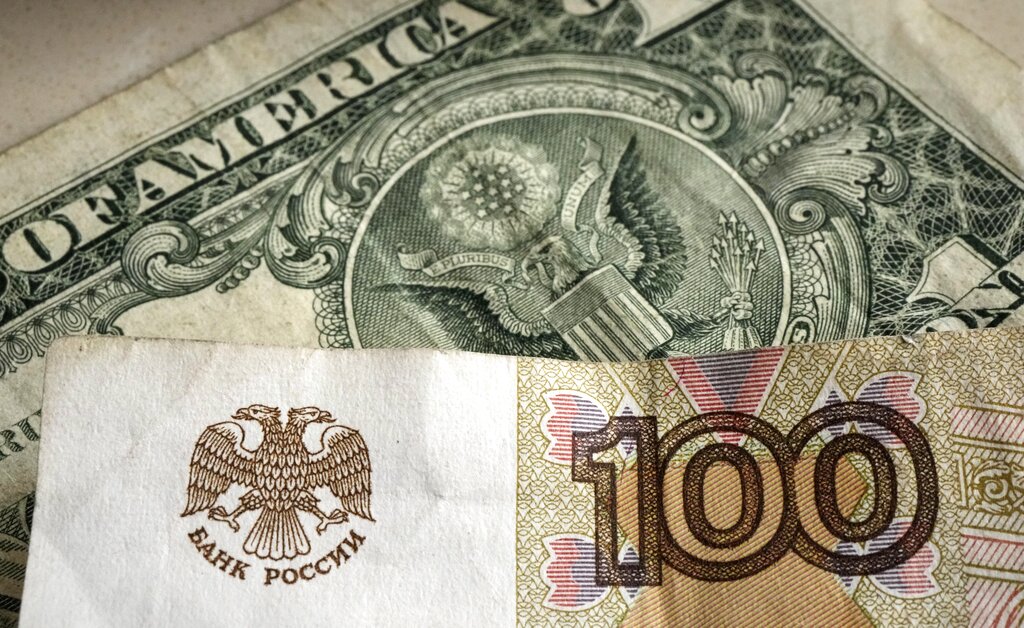Despite widespread sanctions against Russia for its ongoing invasion of Ukraine, the Russian ruble has continued to appreciate against the benchmark western currencies, raising questions about the effectiveness of sanctions.
The ruble has strengthened by more than 30 percent since the beginning of the year, despite the current political climate and crippling effect of sanctions imposed on the Russian economy, according to Hungarian news portal Mandiner.
In the beginning of the conflict, U.S. President Joe Biden was celebrating the record drop in the value of the ruble, with the Russian currency initially recording shocking losses when sanctions first hit.
However, since then, the ruble has come roaring back, partly due to demand for Russian resources, including oil and gas. Russia took a series of extraordinary measures to stem the losses to the ruble, including restricting the use of foreign currencies domestically and mandating that foreign companies seeking to buy gas do so in rubles.
The strength of the ruble does not necessarily mean sanctions are completely ineffective, as Russia is facing serious economic headwinds. However, the strength of the ruble has helped tamp down inflation in Russia and also served as an important symbol of the resilience of the country’s economy.
[pp id=33561]
The exchange rate of the Russian ruble against the euro rose by more than 6 percent to a nearly seven-year high on Monday. The euro depreciated by more than 6 percent a day in the early afternoon at 58.75 rubles, which is the strongest exchange rate for the ruble since June 2015.
Against the dollar, the ruble rose 4.6 percent to 57.47, close to the lowest dollar rate of 57.07 rubles since March 2018.
So far this year, the ruble has performed best against the U.S. dollar compared to all European currencies.
Ironically, the ruble has gained so much in the past few months against key western currencies that, according to Russian press sources, the country’s central bank has begun to buy foreign currencies in order to halt the gains of the ruble, which are making Russian exports less profitable. The Russian Central Bank has so far denied it is doing so.






